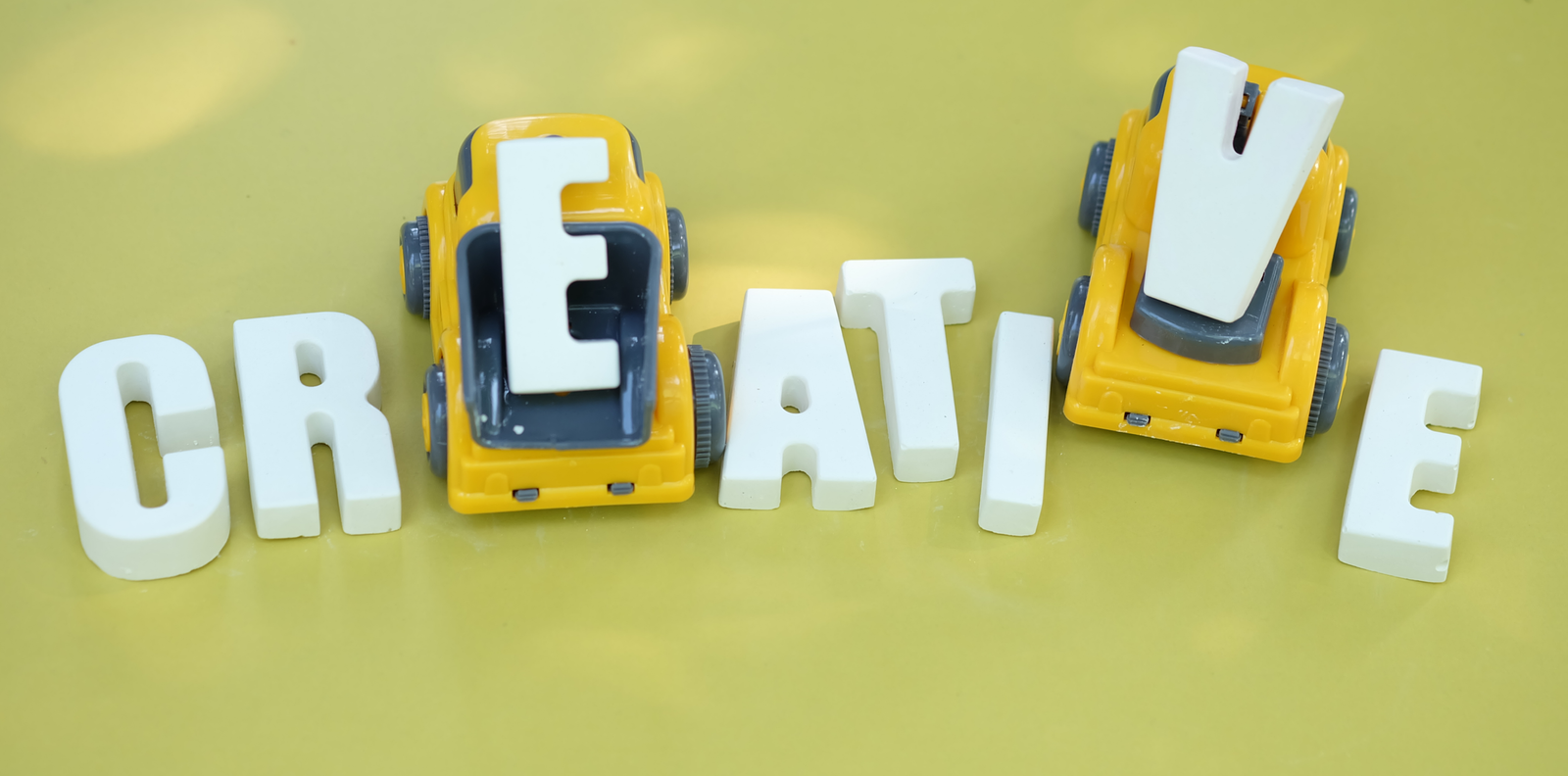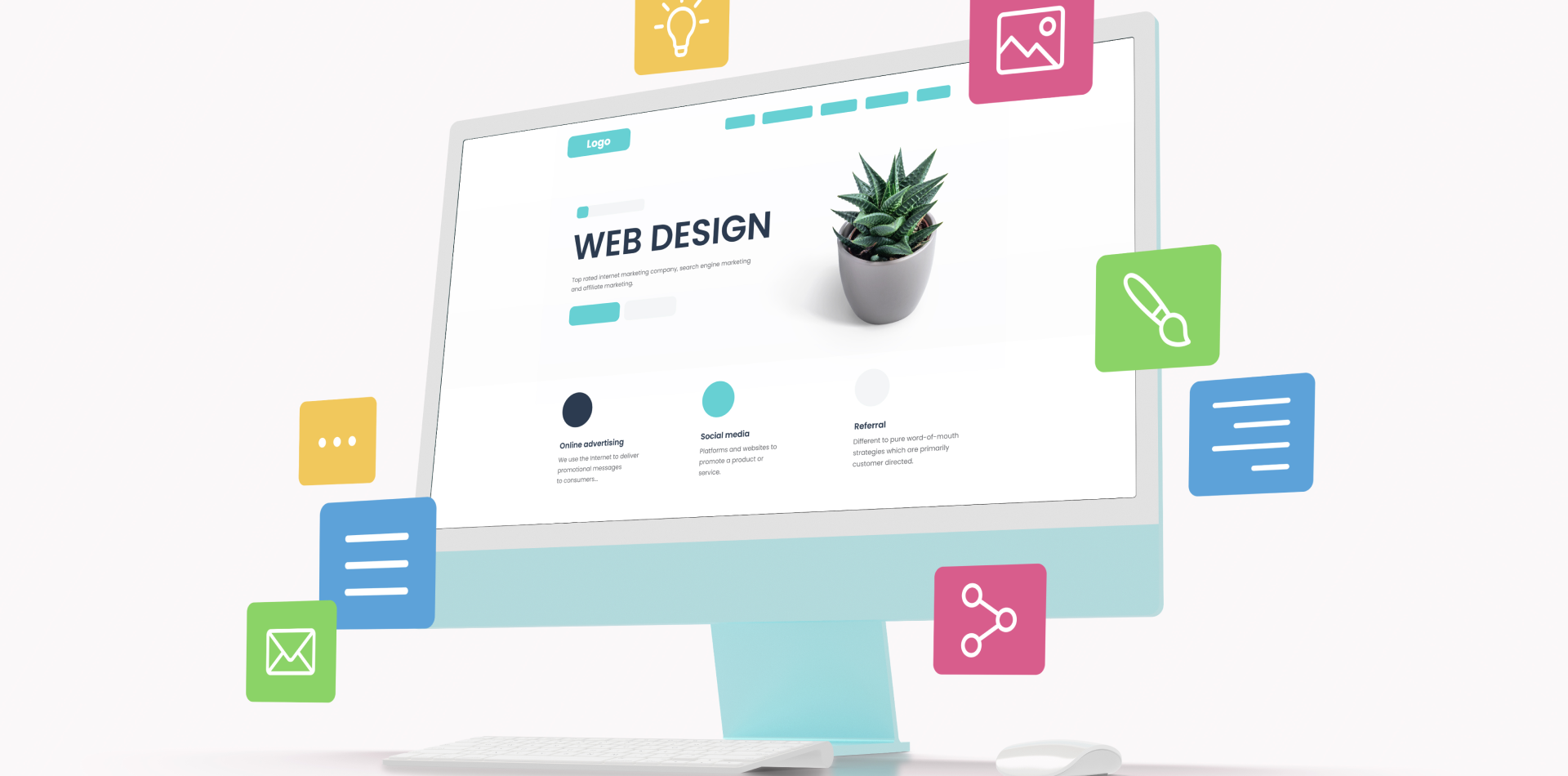Design is not just about how things look; it’s about how they work, feel, and impact our lives. From the layout of a website to the chair you’re sitting on, everything around us has been designed in some way. Whether intentional or not, design shapes our experiences, influences our decisions, and even affects our emotions.
This blog explores how design is everywhere, why it matters in our daily lives, and how thinking like a designer can help us create better experiences, products, and solutions.

Why Everything is Design
1. Design Shapes Our Daily Lives
From the moment you wake up and check your phone to the coffee cup you hold, every object has been crafted with intention. Good design makes things easy and enjoyable to use, while bad design leads to frustration.
Example:
Ever used a door that’s confusing to push or pull? That’s an example of bad design affecting everyday life.
2. Design Influences Our Decisions
The way something is designed affects how we interact with it. Colors, typography, spacing, and layout all play a role in guiding user behavior—whether in digital interfaces, advertisements, or physical spaces.
Example:
E-commerce websites use well-designed layouts to guide users toward making a purchase effortlessly.
3. Everything Around Us is Designed—Even Nature
While we often think of design as man-made, nature itself is an incredible designer. The patterns on a butterfly’s wings, the spirals of a seashell, and even the way trees grow follow scientific and mathematical principles of design.
Example:
The Golden Ratio is a natural design pattern found in art, architecture, and nature, creating harmony and balance.
4. Design is About Problem-Solving
Design isn’t just about aesthetics—it’s about making things work better. Whether it’s UI/UX design, product design, or city planning, every design decision aims to solve a specific problem.
Example:
User-friendly public transport maps simplify complex routes so people can navigate easily.
5. Even Our Thoughts and Actions are Designed
The way we structure our time, arrange our workspace, or plan a project—all involve elements of design thinking. We design our lives daily, often without realizing it.
Example:
Creating a to-do list or organizing your desk for productivity is a form of intentional design.
How to Think Like a Designer in Everyday Life
1. Observe and Analyze
Look at the things around you and ask, “Why is this designed this way?” You’ll start noticing the thought process behind everyday objects.
2. Question and Improve
If something frustrates you, think about how it could be redesigned for a better experience. This mindset can spark innovative ideas.
3. Prioritize Function Over Aesthetics
Good design isn’t just about looking nice—it’s about working well. Always consider usability first.
4. Embrace Simplicity
The best designs are simple, clear, and intuitive. Whether it’s a product, a presentation, or a workspace, removing clutter improves effectiveness.
5. Apply Design Thinking
Approach challenges the way designers do: define the problem, brainstorm solutions, test ideas, and refine them.
Conclusion
Everything is design. From the smallest detail in a mobile app to the city you live in, design is all around us. The more we recognize this, the more we can appreciate, improve, and create better experiences for ourselves and others.
So next time you interact with something—be it a product, a website, or even a system—ask yourself:
👉 How was this designed?
👉 Could it be improved?
👉 What makes it work (or not work)?
Because at the end of the day, everything is design. Everything!




14 Comments
Ethan Parker
11 February 2025This post really opened my eyes! Design is truly everywhere, and I’ll never look at things the same way again. 👀
Sophia Green
11 February 2025I love how you connected design to everyday life. It’s amazing how even nature follows design principles! 🌿
Logan Mitchell
11 February 2025Great read! The part about bad design causing frustration really hit home—especially those confusing doors!
Olivia Scott
11 February 2025Such an insightful blog! It’s true that even our thoughts and routines are forms of design. 🤯
James Carter
11 February 2025Design thinking is such a powerful concept. This article makes me want to apply it more in my daily life!
Emma Hayes
11 February 2025Brilliant breakdown! The Golden Ratio example is fascinating—nature really is the ultimate designer. 📐
Daniel Wright
11 February 2025This perspective is so refreshing! Everything is designed, whether we realize it or not.
Grace Foster
11 February 2025The idea that even our to-do lists and workspaces involve design is mind-blowing. Loved this! ✅
Liam Bennett
11 February 2025This post made me appreciate good design even more. Now I can’t stop analyzing everything around me!
Ava Reynolds
11 February 2025The balance between aesthetics and function is so important. This post explains it beautifully! ⚖️
Henry Adams
11 February 2025I always thought design was just about visuals, but this changed my view completely. Amazing read! 🤩
Mia Turner
11 February 2025Now I understand why some websites feel effortless to use while others are frustrating. Design makes all the difference!
Benjamin Harris
11 February 2025Such a well-written and insightful post! Design is problem-solving at its core, and this explains it perfectly.
Chloe Morgan
11 February 2025Love the connection between design and decision-making. We’re all influenced by design daily! 🤔